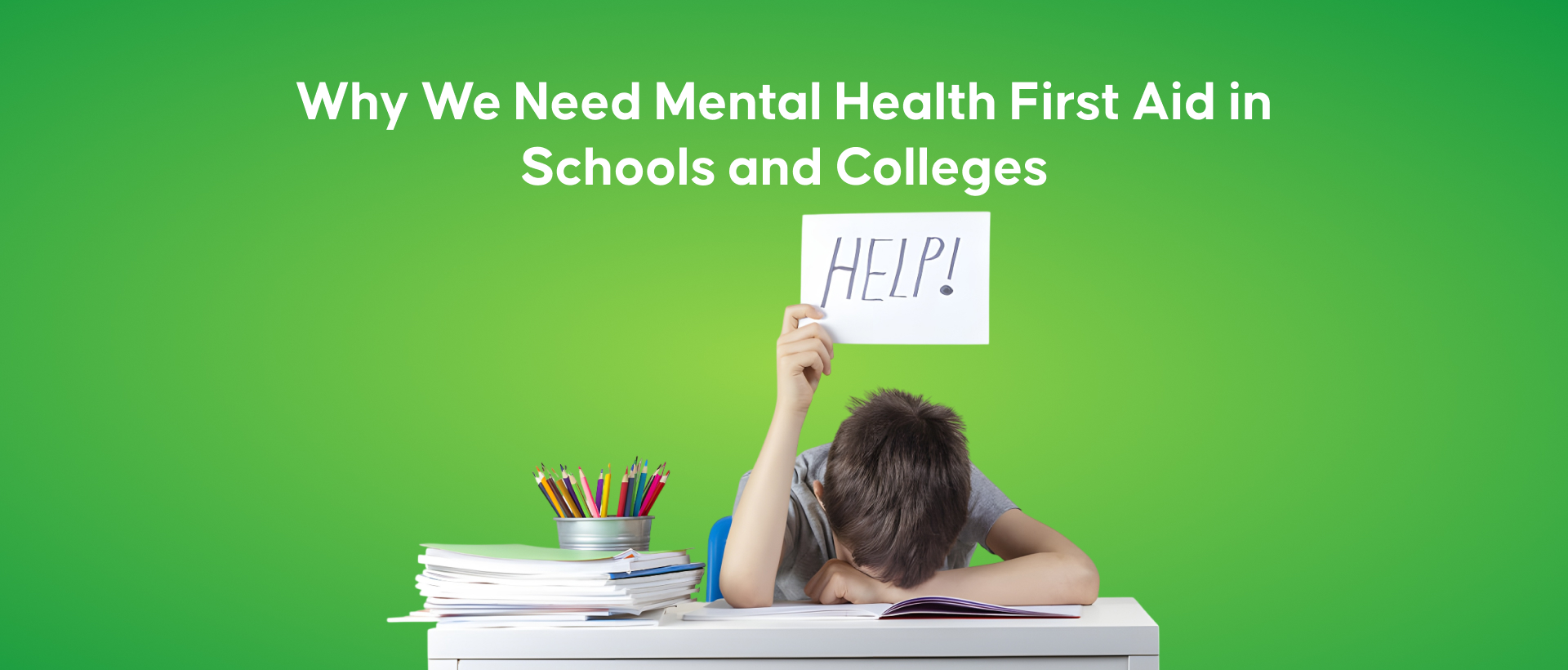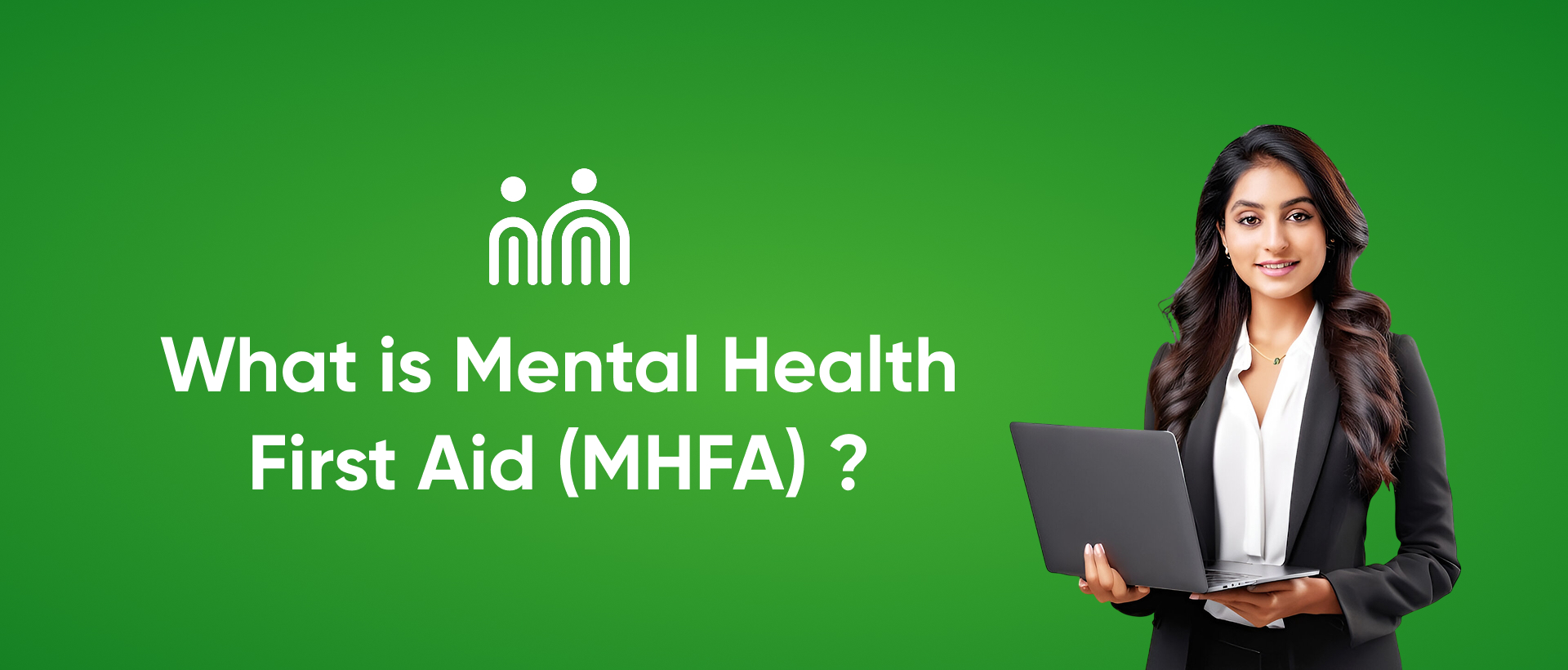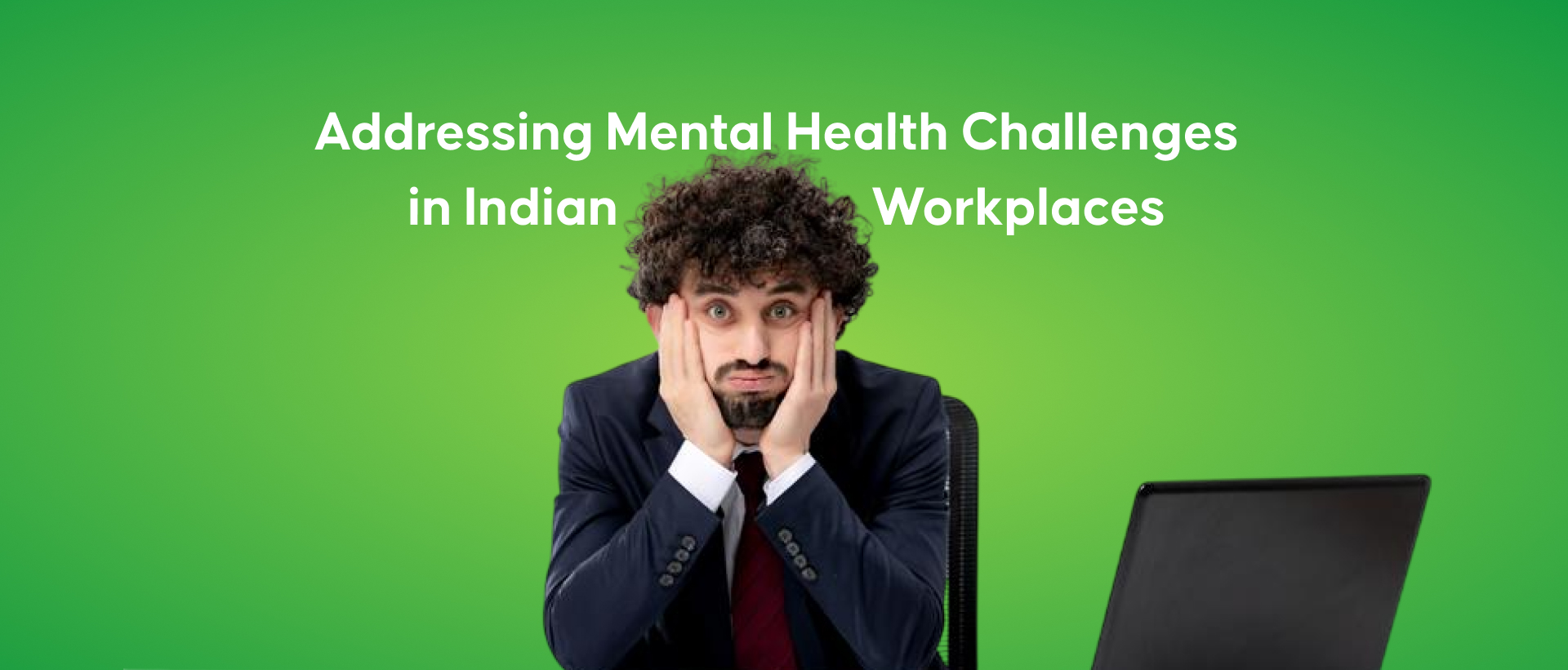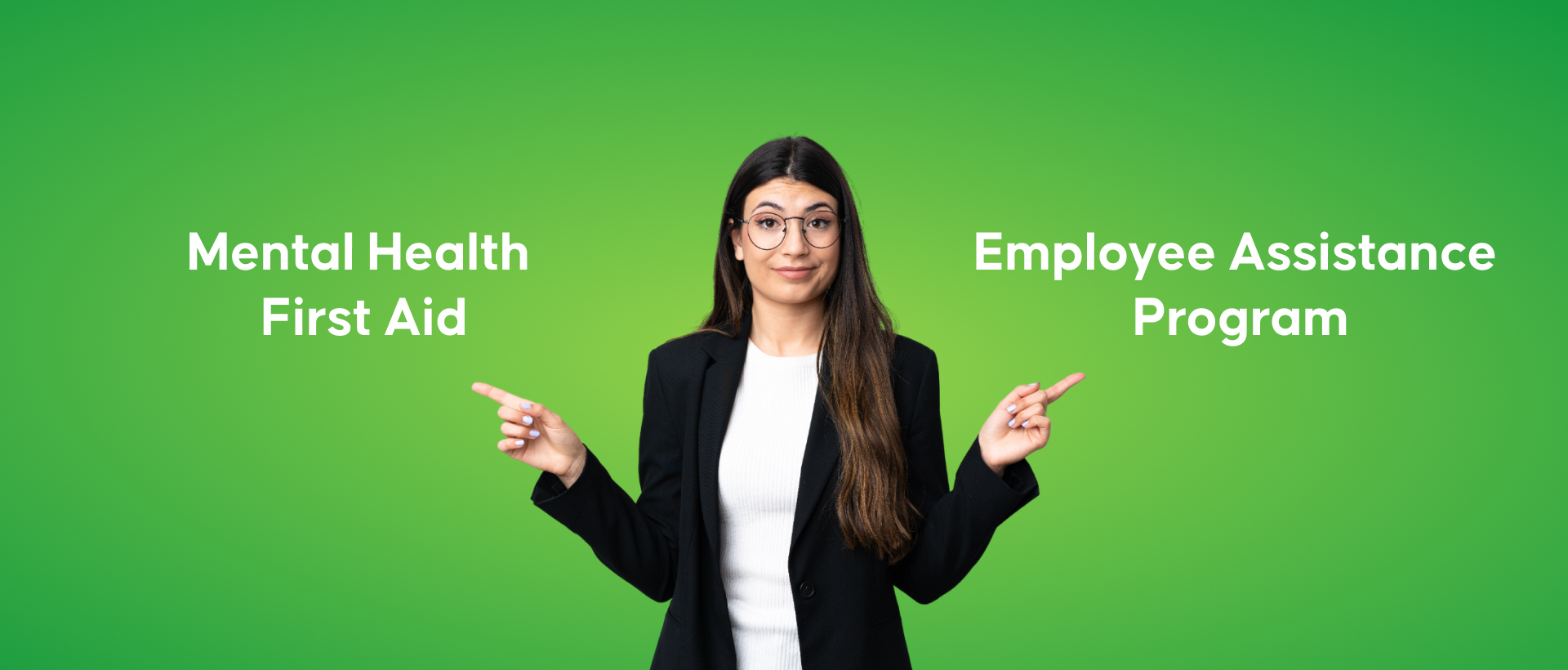
Every year during exam result season, we will look at some awful headlines of students ending their lives after receiving disappointing outcomes in national or state assessments. While heartbreaking, these incidents disturb the public conscience for a moment before shrugging off that this could have happened to anyone. Some of the incidents seem impulsive, while others are chronic issues that are never considered or merely ignored for long-term underlying reasons around mental health, for example.
We should move from being shocked to action, proactively support those who are in the danger zone, and get some early help through initiatives like Mental Health First Aid in Schools and Colleges.
Why Exam Seasons Are a Mental Health Flashpoint
For many students, exam time can be a bit like a pressure cooker. Stress builds, silence, little by little, until it is too much to contain. It is not just about the syllabus, or how many hours you have put to into study; it is also the fear of failure, pressure from society, peer pressure, and the self-doubt they have accumulated over time.
The Pressure to Perform
In a society where academic performance is tethered to self-worth for people and pride for families, outcomes, students are usually molded so that failing is just not tolerated. To many, below-expectations is just a failure and a public shame. From the moment you begin an exam to seeing results, there is relentless pressure. Even the tiniest imperfections can seem catastrophic.
The Hidden Struggles Behind Smiles
What we often forget is that students who make these types of decisions are not just responding to a single event. Many may have experienced a long build-up of anxiety, depression, low self-esteem, or stress for months or years without anyone noticing. The poor mark that pushes them over the edge is just the last straw in a series of silent battles they have.
Breaking the Silence: Why Mental Health First Aid Matters
Mental health is still viewed as a taboo subject by many educational institutions. One reason students do not speak up about how they are feeling emotionally might be the worry of being labelled as “weak” or "attention seeking." Teachers, faculty and other staff might also feel that they are not prepared to deal with mental health or emotional topics or may not know how to respond to a distressed student.
This is where Mental Health First Aid (MHFA) can provide shifts in perspective.
What Is Mental Health First Aid?
Similar to how we teach CPR for heart attacks or offer first aid for physical injuries, Mental Health First Aid (MHFA) teaches a person to be able to recognize the early warning signs and help manage them when someone nearby experiences mental health issues or a crisis. MHFA is NOT a substitute for professional help; it simply empowers everyday people to provide immediate short-term assistance for their friends or family members, listen in a nonjudgmental way, and help steer the individual toward appropriate services.
The Power of Early Intervention in Schools
Spotting the Signs
Picture this: once an engage member of class, the student now appears passive, perpetually tired, or unusually quiet. This same student might be one that, when they do participate, they apologize, have trouble focusing, or look overwhelmed by tasks that we might consider small. All of these examples can be warning signs for emotional burnout, depression, or even suicidal ideation.
With MHFA training, students and staff can learn to:
- Notice behavioral change
- Approach a peer with compassionate engagement
- Ask an open-ended question such as, "How have you been feeling lately?"
- Stifle judgement and "fix-it" advice
- Encourage a referral to a professional
These are a few actions that we can take to provide a support safety net in schools and colleges.
Students Helping Students
One of MHFA's greatest strengths is peer support. Young people often feel more comfortable opening up to their peers than to adults. When students are trained in mental health first aid, they can be that first point of connection—the bridge from a struggling friend to professional support.
Peer support also creates a culture of care where vulnerability is not mocked but acknowledged with kindness and action.






